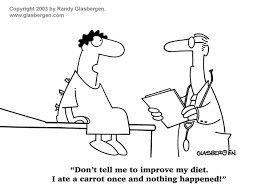Cell Phones: our new security blanket
By Clark Zimmerman, LAc.
When my teenage niece came to visit last year, she was shocked to find that our mountain home had no cell service. While we could have given her our wireless password, her dad had requested that we say we forgot it, so she could have a little vacation from her phone. Needless to say, she was not pleased. Though she could still use the internet to email friends, or look at social media, the fact that she couldn’t use her smart phone at our house caused several meltdowns. Though most of us don’t react as severely as my niece, it is becoming more and more common to see our phones as a sort of security blanket.
While technology provides many benefits, there also is a certain price that is becoming more apparent. The moments of stillness and quiet that used to exist between different parts of our day are disappearing; being replaced with more texts to return and more business to attend to. It is like we are all “on call” now. In my medical practice I have noticed the effect that this is having on most people. People feel more rushed, further behind and more anxious. I have patients who come in for an hour acupuncture treatment “to relax” who insist on having their cell phones on just in case there is an emergency. This way of thinking almost expects tragedy. The same technology that was supposed to make our lives easier, is now serving to make people less capable of being comfortable with a moment of silence. When we are expected to be readily available at any moment, this not only takes away from the little bits of downtime that we used to get, it makes us prone to feeling that if nothing new is coming in on our feed that we are somehow missing out on something.
Our grandparents could sit for half a day on the front porch and watch the birds, and now most of us can’t sit still for 15 minutes without some sort of stimulation. We have begun to collectively move away from valuing the reflective, quiet, contemplative time, and are choosing to replace it with constant stimulation, constant news, and constant conversation. It makes me wonder, what is daytime without night? What is summer without winter? What is activity without rest? Science says that if you go long enough without sleep that psychosis ensues. We are running a grand experiment, it will be interesting to see where this all leads…
